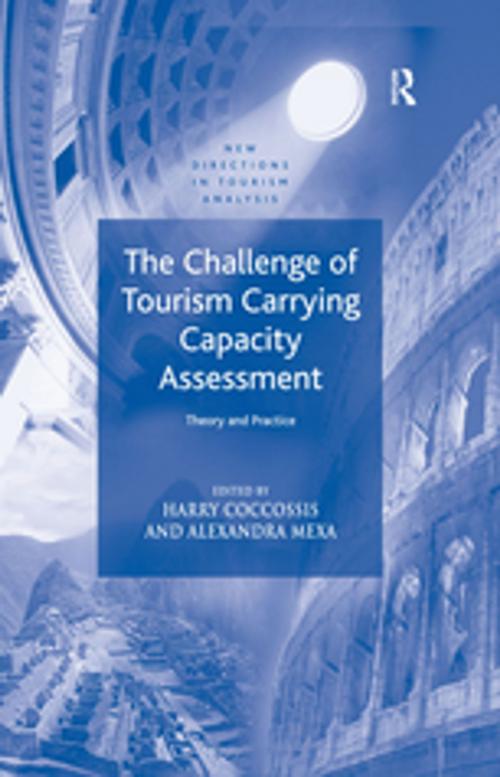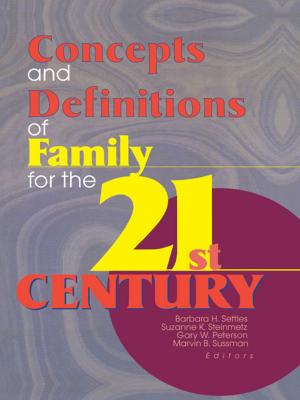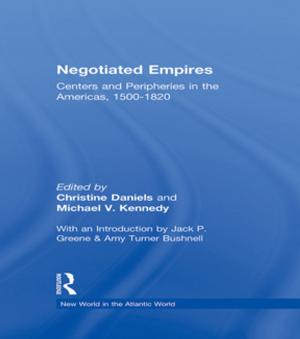The Challenge of Tourism Carrying Capacity Assessment
Theory and Practice
Business & Finance, Industries & Professions, Hospitality, Tourism & Travel| Author: | Harry Coccossis, Alexandra Mexa | ISBN: | 9781351893176 |
| Publisher: | Taylor and Francis | Publication: | March 2, 2017 |
| Imprint: | Routledge | Language: | English |
| Author: | Harry Coccossis, Alexandra Mexa |
| ISBN: | 9781351893176 |
| Publisher: | Taylor and Francis |
| Publication: | March 2, 2017 |
| Imprint: | Routledge |
| Language: | English |
Planning and management for tourism growth is becoming essential in the context of sustainable development. Particularly so since many tourist destinations are facing severe pressures from tourist flows and activities. Such pressures are evidenced in terms of dysfunctions (congestion, environmental degradation, etc) which ultimately affect the attraction and competitiveness of tourism destinations. The development of tourism should be considered in accordance with sustainability principles. In this context respecting the capacity of the local system to sustain growth becomes a key challenge. This book examines the use of various tools to define, measure and evaluate tourism carrying capacity (TCC) - a tool aiming to impose limits for entering certain tourist destinations or using certain activities. Drawing on case studies from France, Spain, Italy, Greece, the UK, the Netherlands, Ireland, Belgium, Austria, Germany and Finland, it presents practical experiences of implementing TCC in various tourist destinations (i.e. historic towns, coastal zones, islands, etc). It draws conclusions regarding the measurement and implementation of TCC assessment and provides further guidelines towards a comprehensive methodological framework for assessing tourism sustainability in the future.
Planning and management for tourism growth is becoming essential in the context of sustainable development. Particularly so since many tourist destinations are facing severe pressures from tourist flows and activities. Such pressures are evidenced in terms of dysfunctions (congestion, environmental degradation, etc) which ultimately affect the attraction and competitiveness of tourism destinations. The development of tourism should be considered in accordance with sustainability principles. In this context respecting the capacity of the local system to sustain growth becomes a key challenge. This book examines the use of various tools to define, measure and evaluate tourism carrying capacity (TCC) - a tool aiming to impose limits for entering certain tourist destinations or using certain activities. Drawing on case studies from France, Spain, Italy, Greece, the UK, the Netherlands, Ireland, Belgium, Austria, Germany and Finland, it presents practical experiences of implementing TCC in various tourist destinations (i.e. historic towns, coastal zones, islands, etc). It draws conclusions regarding the measurement and implementation of TCC assessment and provides further guidelines towards a comprehensive methodological framework for assessing tourism sustainability in the future.















